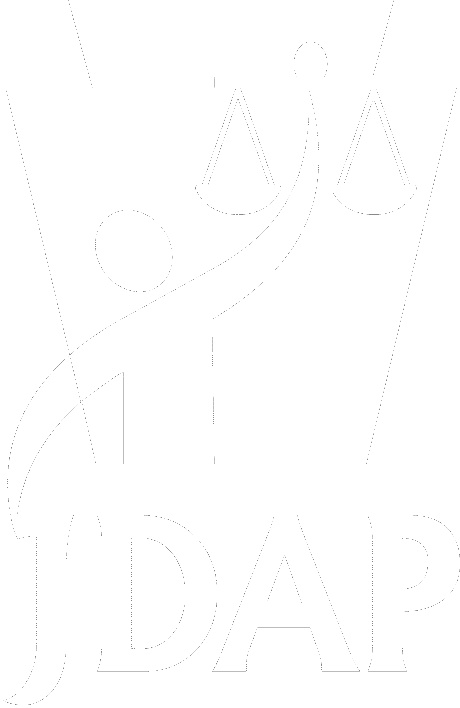Relevant Case Law
|
A witness's competency to testify is premised on four factors: (1) the witness's capacity to observe or perceive the occurrence with a substantial degree of accuracy; (2) the witness's ability to remember the event which was observed or perceived; (3) the witness's comprehension of questions and ability to communicate intelligent answers about the occurrence; and (4) the witness's consciousness of the duty to speak the truth.
|
|
| View Now | |
|
Prior consistent statements may be offered to rehabilitate a witness whose credibility has been attacked with a charge of faulty memory.
|
|
| View Now | |
|
An conviction in a sex case may be sustained without evidence of a prompt complaint.
|
|
| View Now | |
|
In analyzing a statement to determine whether it meets the "excited utterance" exception to the hearsay rule, "[t]he crucial question, regardless of the time lapse, is whether, at the time the statement is made, the nervous excitement continues to dominate while the reflective processes remain in abeyance." Hence, when thirty minutes elapse between the end of the startling event and the statement, the statement is elicited eight to ten blocks away from the scene of the startling event, the utterance was in response to an officer's query and the utterance was a narrative of overnight events, the statement is not a reaction to a single startling episode.
|
|
| View Now | |
|
Intention, or state of mind, is a fact, and speaking or writing is often the way that this fact manifests itself. Because intentions are often unknown other than through spoken or written statements, a declarant's out-of-court statements demonstrating his or her state of mind, made in a natural manner, are material, relevant, and admissible.
|
|
| View Now | |
|
The narrative of a rape victim is not admissible as an excited utterance when the statement is given three and one half hours after the incident and after the victim speaks both with her mother and the original investigating officer about the incident. Such circumstances negate the requirement of spontaneity and preclude admission under the excited utterance exception.
|
|
| View Now | |
|
For a statement to be admissible under the medical treatment exception to the hearsay rule, the declarant must have made the statement for the purpose of receiving medical treatment and the statement must have been necessary and proper for diagnosis and treatment. The identity of a person who causes an injury is not necessary for medical diagnosis or treatment and therefore is not admissible.
|
|
| View Now | |
|
Governmental interference with or intimidation of a witness may deny a defendant due process, as well as the right to compulsory process.
|
|
| View Now | |
|
A Brady violation occurs when evidence that is "favorable to the accused, either because it is exculpatory, or because it is impeaching," is "suppressed by the State, either willfully or inadvertently," and there is a reasonable probability that the undisclosed evidence would have produced a different result.
|
|
| View Now | |
|
Though scheduling a vacation in contravention of a court's order is a "discourteous and inexcusable affront [by the prosecutor] to the court," in the absence of prejudice to the defendant, and considering that the court's authority could have been vindicated by punishing the individual prosecutor, it was an abuse of discretion to punish the public by dismissing the case.
|
|
| View Now |
